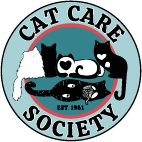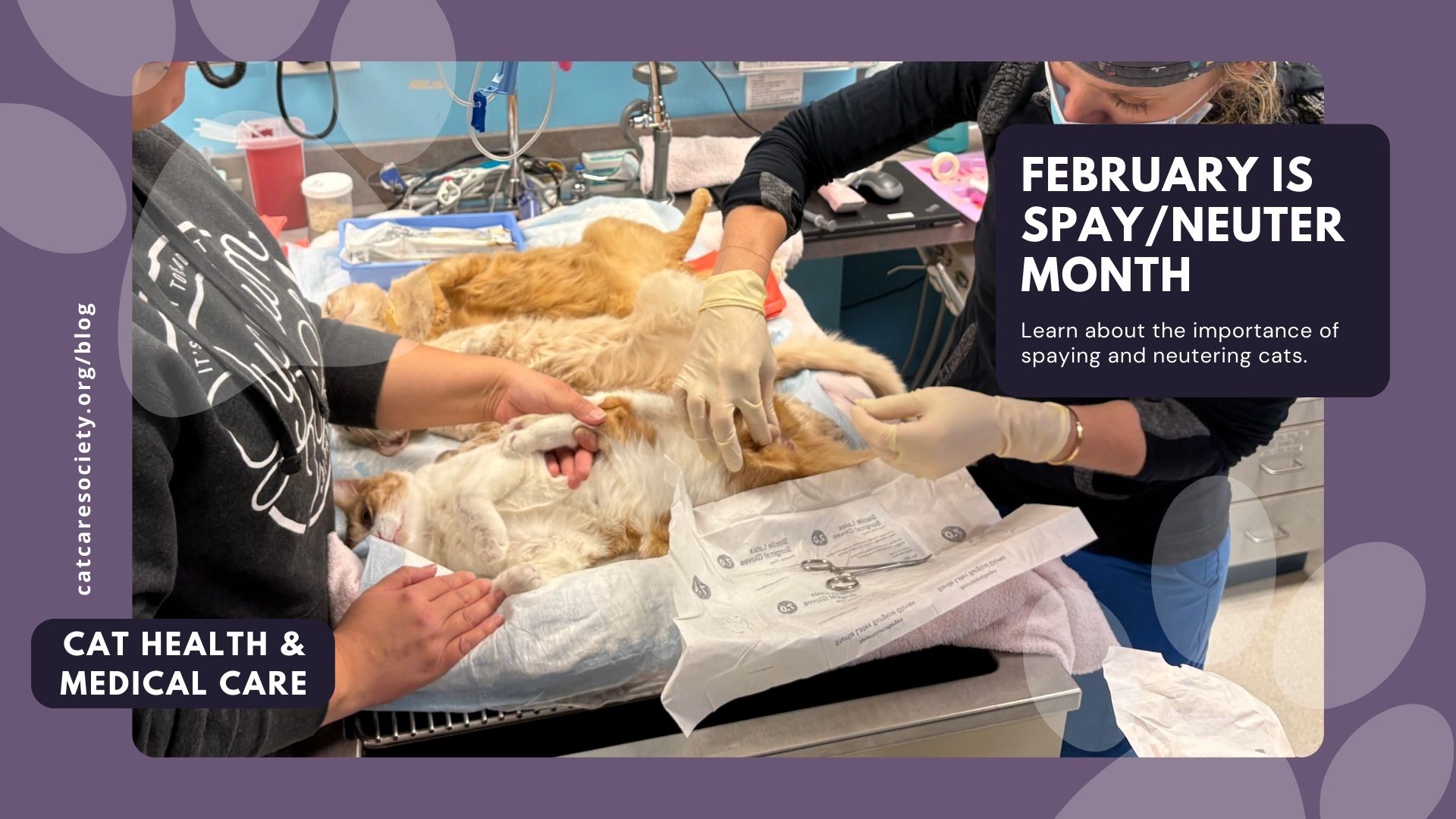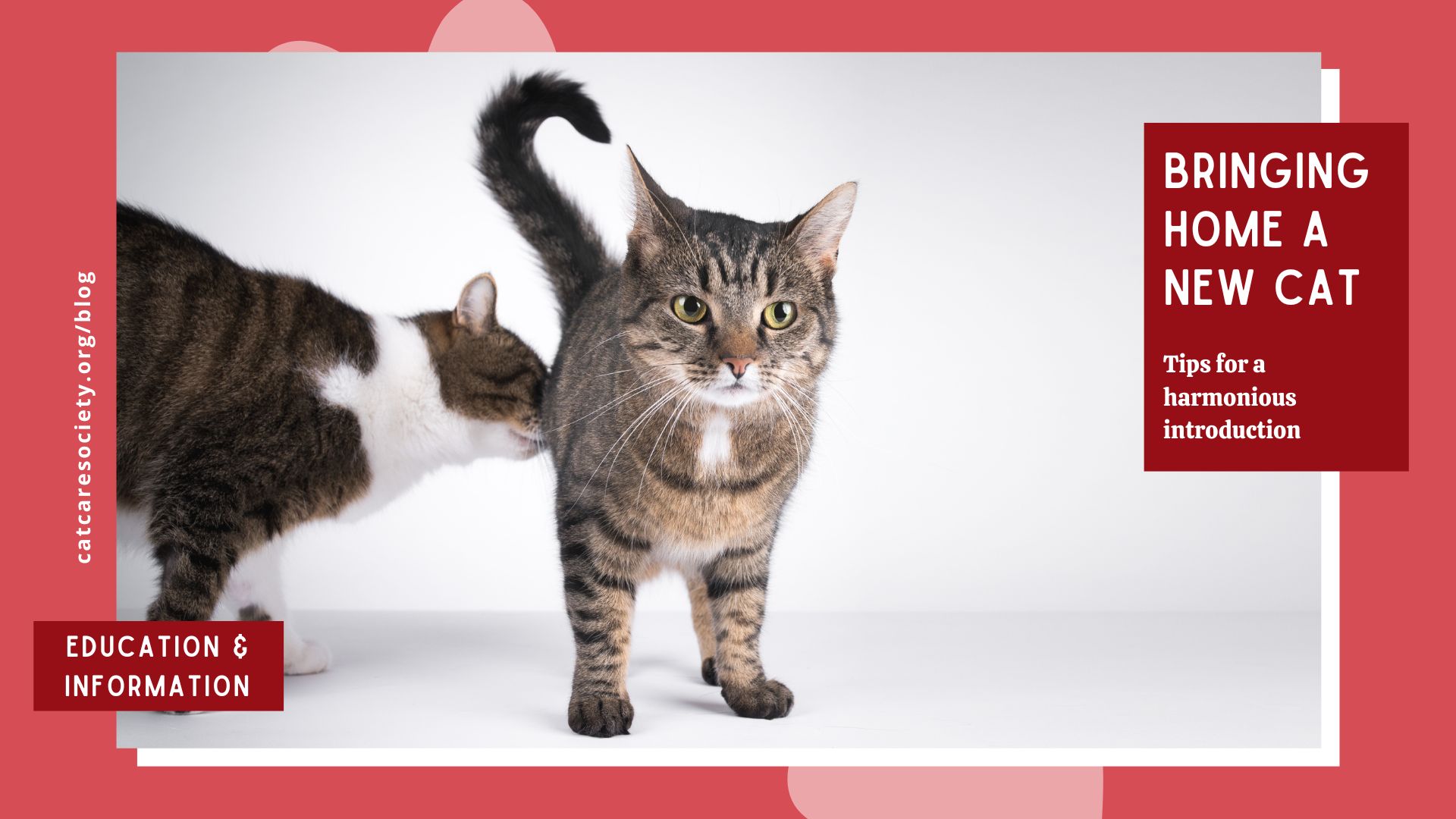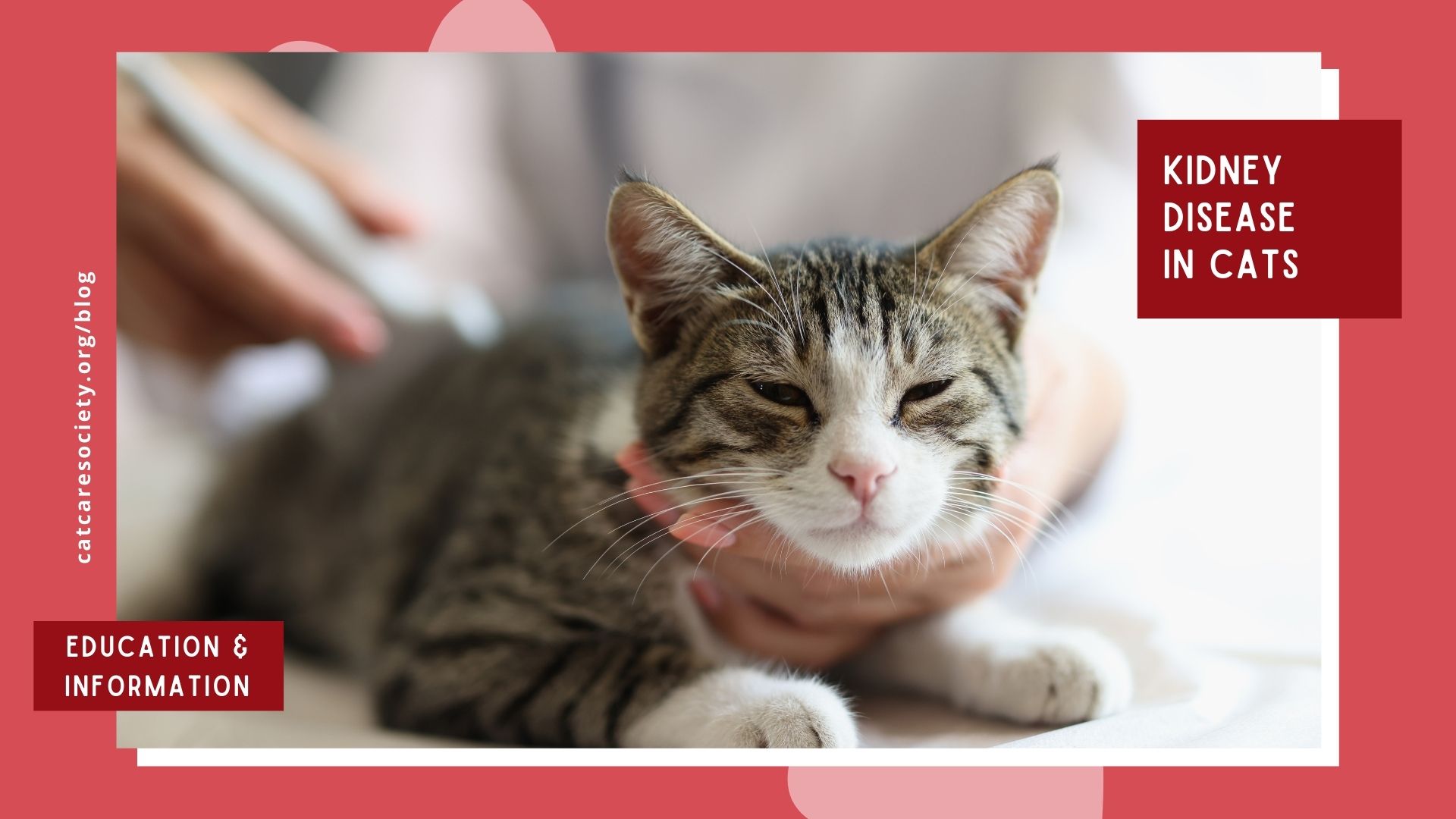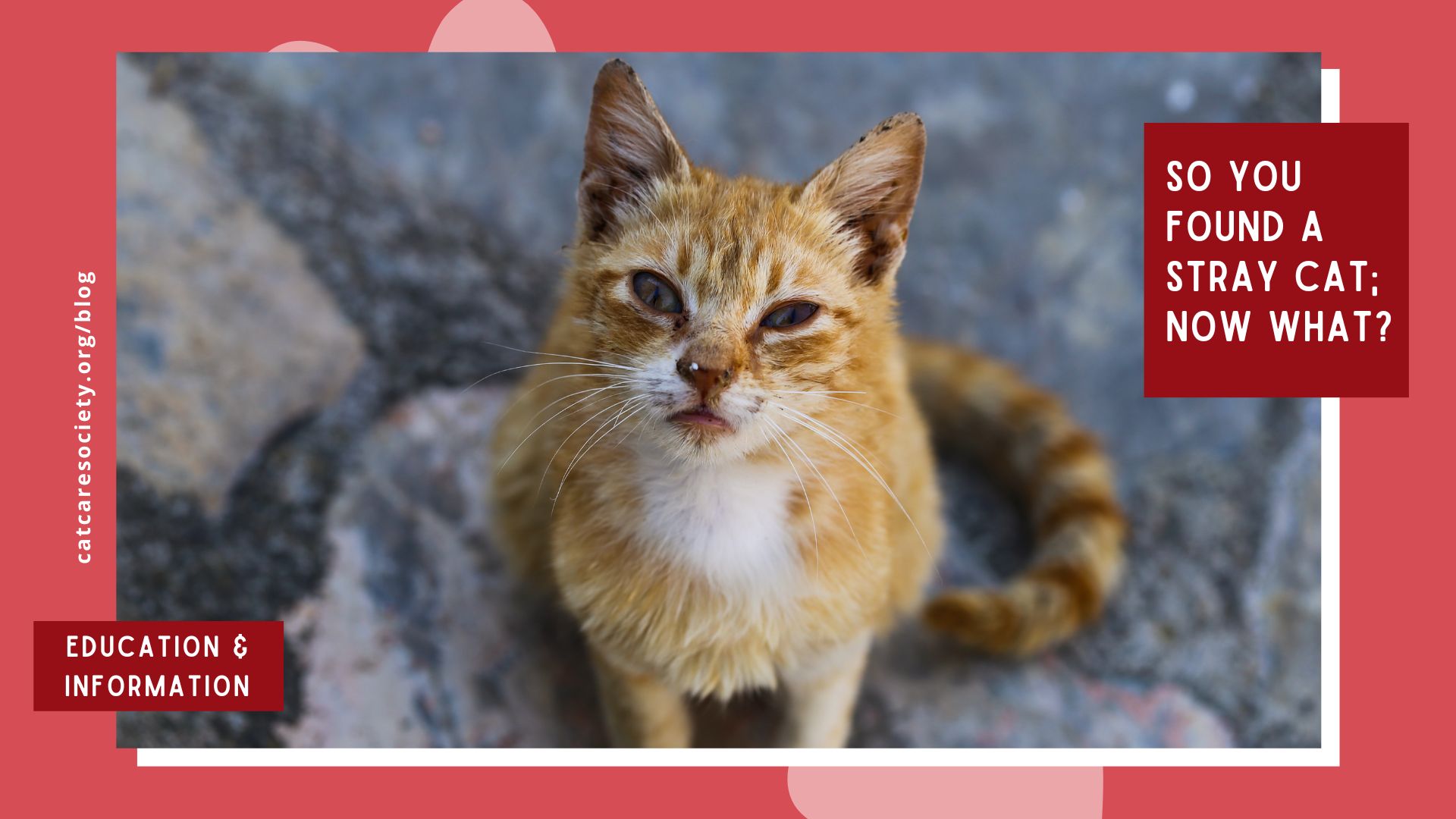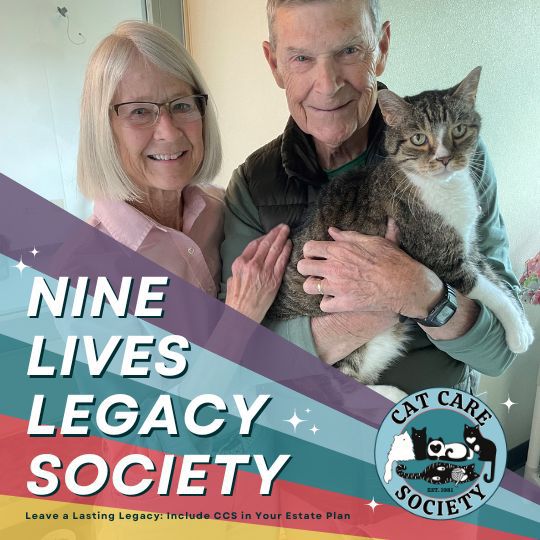Spaying and neutering are critical procedures in the fight against pet overpopulation, but they also do so much more than that. For cat owners and advocates in Colorado, understanding the importance of these surgeries is essential not only for the well-being of individual cats but also for the health of the community. February is National Spay and Neuter Awareness Month, which makes now the purrfect time to reflect on the significance of these procedures and take action to support them. In this post, we’ll explain why spaying and neutering matters, highlight pertinent Colorado-specific data, laws, and resources, and explore the role these procedures play in ensuring a safe and healthy future for all cats.
The Overpopulation Crisis
The biggest benefit of spaying and neutering is helping to control the pet population. Population control has countless advantages, from reducing the number of homeless animals to improving overall community well-being.
Each year, millions of cats across the United States end up in shelters. Despite significant declines over the last few decades, an estimated 3.3 million cats entered shelters in 2023, according to Shelter Animals Count. Colorado contributes to this number with animal shelters statewide reporting significantly higher intake numbers since 2021, making overcrowding a continued and consistent concern. Considering that millions of pets were not spayed or neutered during the pandemic, it is increasingly important for pets to receive these surgeries and support the decrease in shelter populations.
Fortunately, spaying and neutering are simple, effective tools to prevent unwanted litters. Beyond population control, these procedures also offer additional health and behavioral benefits!
Benefits of Spaying and Neutering
Spaying (most commonly removing the ovaries and uterus of female cats) and neutering (removing the testicles of male cats) offer numerous benefits:
- Health Advantages: Spayed female cats do not develop uterine infections and less likely mammary tumors, while neutered males are at reduced risk for testicular cancer and prostate issues.
- Behavioral Improvements: Neutered males are less likely to spray urine to mark territory, engage in aggressive behaviors and to roam if they get outside, Spayed females won’t experience heat cycles, which can lead to excessive vocalization and anxiety.
- Community Impact: Fewer stray and feral cats mean decreased spread of diseases like toxoplasmosis, parasites, and rabies. If a cat goes outdoors and has a smaller territory due to reduced roaming, it can lead to reduced hunting of native wildlife which produces a healthier balance in urban ecosystems. Please note that Cat Care Society (CCS) encourages all cat owners to keep their cat indoors for many research-based health and safety reasons.
- Population Control: Preventing unwanted litters reduces the number of cats entering shelters, allowing resources to be directed toward those cats already in need.
Colorado Laws and Programs Supporting Spay/Neuter Initiatives
Colorado has made significant strides in promoting spaying and neutering through state and local legislative action. The Pet Animal Care Facilities Act (PACFA), overseen by the Colorado Department of Agriculture, regulates shelters, rescues, and pet care facilities. PACFA mandates that all pet shelters and rescues spay or neuter each cat before releasing them to a new owner.
Cities also have local laws in place for spaying and neutering. For example, Denver requires cat owners to spay or neuter their cats by six months of age. Alternatively, owners can obtain an annual permit for unaltered cats while also complying with all licensing requirements. Breeding cats requires a separate license. Always check your local laws for specific requirements.
Addressing Feral Cat Populations
In Colorado, feral cat colonies pose unique challenges. These cats, often unsocialized and unadoptable, contribute significantly to overpopulation. Trap-Neuter-Return (TNR) programs are a humane and effective solution. Through TNR, feral cats are trapped, spayed or neutered, vaccinated, and returned to their original location. This approach stabilizes colony sizes and reduces the number of kittens born in the wild. Cat Care Society rents traps to help support TNR efforts. These initiatives not only control populations but also improve the quality of life for feral cats by reducing health issues and reducing conflicts with humans.
Cat Care Society’s Spaying and Neutering Policy
Cat Care Society has long championed spaying and neutering as a critical part of its mission, performing over 400 spay/neuter surgeries in 2024. Every cat adopted through CCS is spayed or neutered before leaving the shelter (unless there is a documented medical reason preventing the procedure from being performed safely), ensuring that adopters take home a pet that will not contribute to overpopulation and have the best chance of living a healthy and happy life.
Overcoming Myths and Misconceptions
Despite widespread advocacy, myths about spaying and neutering persist. We address some common misconceptions below:
- Myth: “My cat will become lazy or overweight after being spayed/neutered.”
Fact: Proper diet and exercise are the keys to maintaining a healthy weight, not reproductive status. - Myth: “My cat should have one litter before being spayed.”
Fact: There is no medical evidence to suggest that having a litter before being spayed is beneficial to the cat. In fact, spaying cats eliminates the possibility of developing uterine or ovarian cancer and reduces the risk of mammary cancer. - Myth: “It’s unnatural and/or painful to alter my cat.”
Fact: Domestic cats rely on humans for their well-being. Spaying and neutering prevent suffering caused by overpopulation and its consequences, making it a responsible and ethical choice for cat owners. Spay and neuter procedures are performed under general anesthesia so the procedure is not felt by the cat. There may be mild discomfort after the surgery, which can be lessened with pain medication, and most cats return to normal activity within 24-72 hours.
Taking Action: How You Can Help
If you’re a cat owner or advocate in Colorado, there are several ways to contribute to the spay and neuter movement:
- Spay or Neuter Your Cat: If your cat hasn’t been altered, schedule a surgery as soon as possible. Check out our Resources section of veterinary services, including low-cost clinics.
- Support TNR Programs: Get involved by volunteering with or donating to organizations that run TNR programs in your community. Explore our Resources section of groups offering services and resources for feral or unowned community cats and check out our blog post on other ways you can support local feral cats.
- Promote Awareness: Share the importance of spaying and neutering with kindness and compassion with others. Help dispel misconceptions and inspire others to practice responsible pet ownership.
- Adopt, Don’t Shop: By adopting from shelters, you’re giving a home to a cat that has likely already been spayed or neutered, supporting the broader community and mission of population control. If you’re ready to open up your home to a new cat, check out our adoptable cats.
Shaping Colorado’s Future: A Compassionate Commitment to Cats
Spaying and neutering play a crucial role in shaping the future of animal welfare. In Colorado, a state known for its vibrant and dedicated pet-loving community, these procedures are essential to giving every cat the chance for a safe and healthy life.
By prioritizing spaying and neutering, we can reduce shelter intake numbers, minimize euthanasia rates, and improve the overall quality of life for cats across the state. Donating makes a tangible difference—for example, a $25 donation covers the cost of one neuter surgery here at Cat Care Society. Together, we can make Colorado a model of compassion and care for our cat community.
About the Author: Beth Dokolasa is a volunteer for Cat Care Society and serves on the Board of Directors. She is an instructional developer for Natural Grocers and lives in Indian Hills, Colo., with her husband, daughter, and two cats, Techno and Digit.
